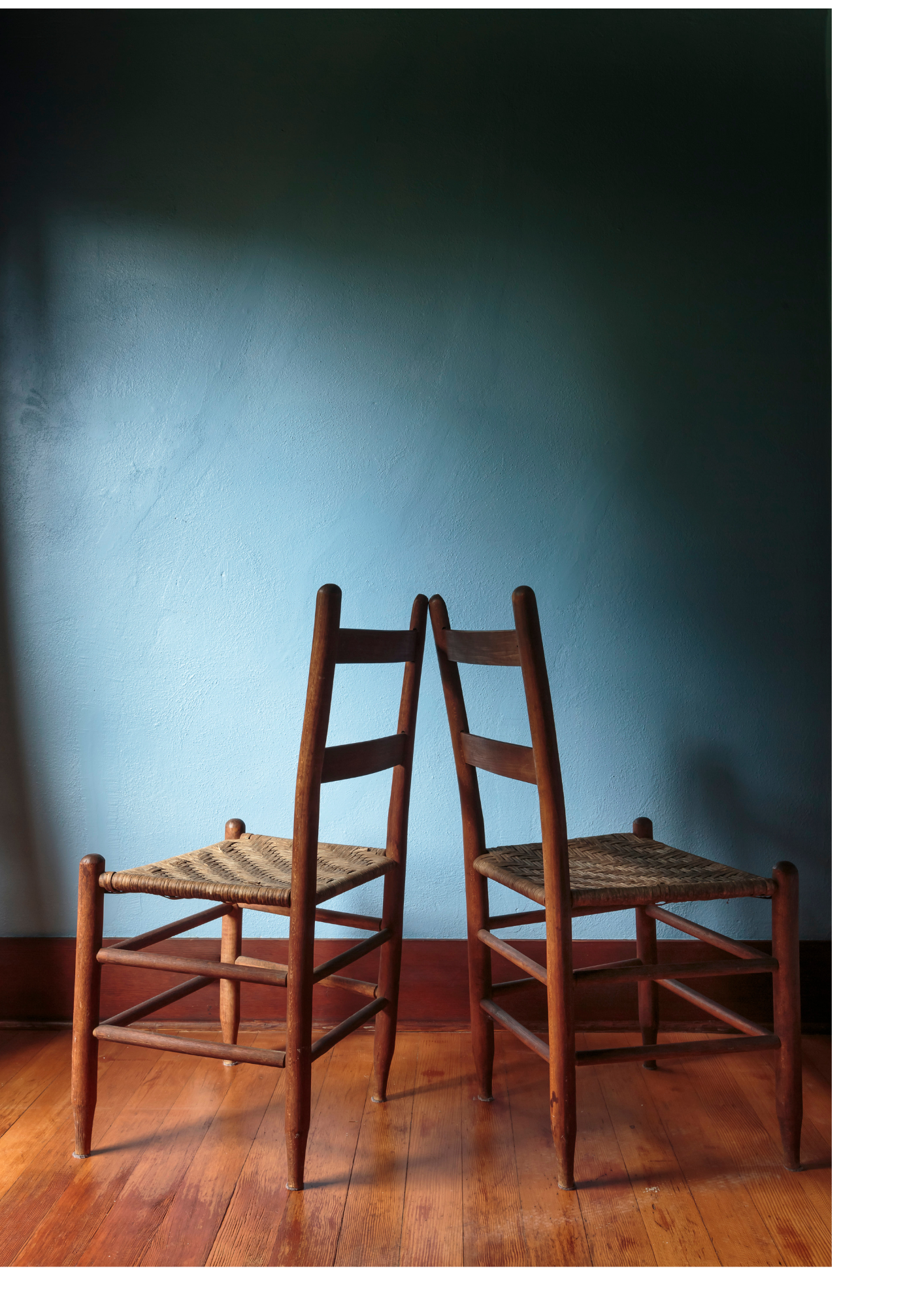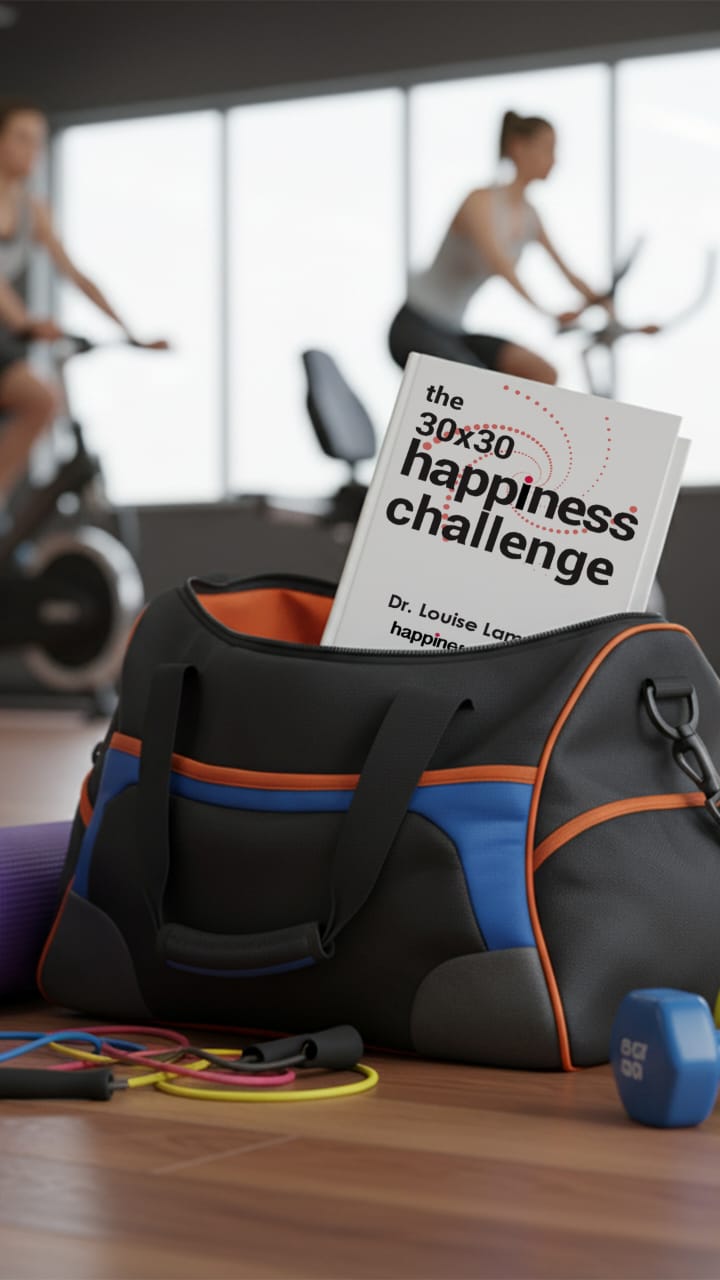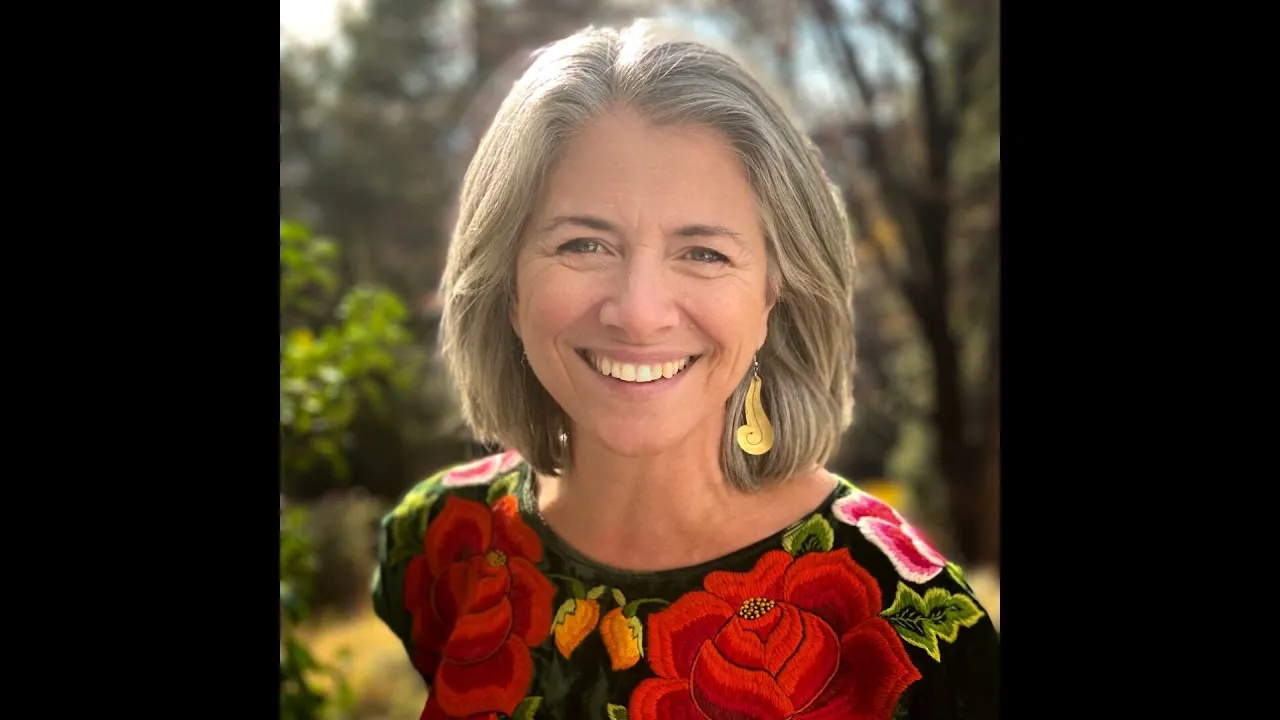Separation and Divorce Ambivalence in Family Mediation
Attachment in adult relationships Couples facing separation must cut their legal and financial ties and grow out of their emotional […]
Read complete blog >>
Have you ever felt like you’re both too much and not enough at the same time? Perhaps you've been told your emotions are too intense, your presence too demanding, or your desires too unrealistic. Or, at times, you may have felt that you are not good enough to be adequately loved and cared for.
In response to feeling both too much and not enough, you shrink yourself, making your feelings smaller, your needs quieter, your presence less noticeable. Also, you try to improve yourself, more like what you think is expected of you. And yet, despite this effort to contain yourself, an aching sense of “not enough” lingers. No matter how much you achieve, how well you perform, or how hard you try to be who others expect you to be, it still feels like you’re missing some invisible benchmark for worthiness, of being good enough just as you are.
We seek attunement and connection the moment we enter the world. Feeling both too much and not enough at the same time isn’t just a child's self-doubt. We call this a relational wound. It impacts how we navigate love, attachment, and emotional safety.
Object relations theory, developed by Ronald Fairbairn, suggests that when our caregivers struggle to meet our emotional needs, we don’t blame them. We blame ourselves.
A child will rather see themselves as “too much” or “not enough” than face the unbearable reality that love might be inconsistent or conditional.
Stephen Mitchell’s relational psychoanalysis highlights how these early experiences shape our adult relationships. We unconsciously recreate familiar dynamics. We fear we will either overwhelm or disappoint others if we show up as we truly are. This internalized fear impacts how we love, work, and see ourselves.
These early relational imprints don’t just disappear. They become patterns that influence how we interact with the world.
When we feel “too much,” we might,
And, when we feel “not enough,” we might,
In relationships, we may feel anxious about being a burden. We may also get caught up in relational patterns where we’re either overfunctioning or emotionally neglected. We might also struggle to trust that love can exist without earning it.
Healing from this paradox isn’t about convincing yourself that you are “enough” intellectually. When you experience relationships where others don't judge you and, instead, welcome your whole self, something will start changing in you. Healing occurs in your emotional world in safe relationships, such as therapy and deep friendships. When we experience meaningful connections, we can begin to rewrite the old script and create a new one. We can say to ourselves that,
It takes time to undo these patterns. We heal in safe relationships where we are seen, heard, and held.
Articles on www.hoopfull.com may feature advice and are for informational purposes only. It is not intended to be a substitute for medical advice, diagnosis or treatment from a trained professional. In an emergency, please seek help from your local medical or law enforcement services.
Keep up to date with the Hoopfull community.

Attachment in adult relationships Couples facing separation must cut their legal and financial ties and grow out of their emotional […]
Read complete blog >>
We spend years in school learning math, biology, and history, but very few of us are ever taught the actual […]
Read complete blog >>
Our standard of living has improved physically and materially. Life expectancy has increased. Healthcare, housing, education, infrastructure, and human rights […]
Read complete blog >>